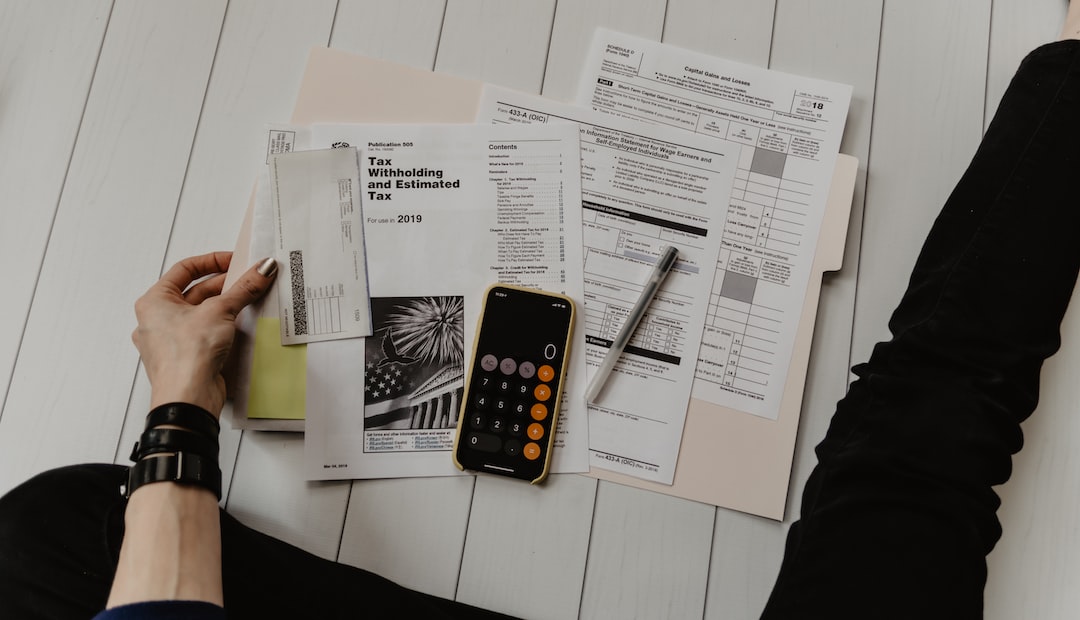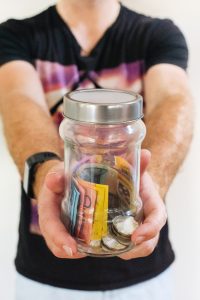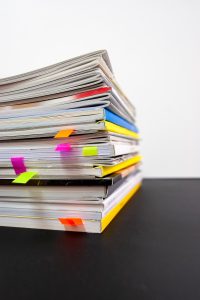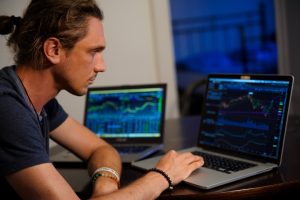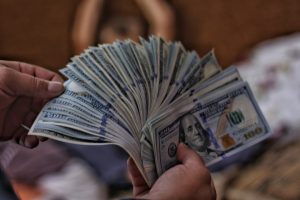The forex market, also known as the foreign exchange market, is the largest financial market in the world. It is a decentralized market, meaning it is not located in one specific physical location, but rather operates electronically through a global network of banks, brokers, and financial institutions. The forex market is made up of several different players, each with their own unique role and impact on the market.
Firstly, the central banks play a significant role in the forex market. Central banks are responsible for setting monetary policy and managing the currency of their respective countries. They have a direct impact on the forex market through their decisions on interest rates, which can affect the value of a country’s currency. For example, if a central bank raises interest rates, it can lead to an increase in demand for that currency, as investors seek higher returns on their investments.
Next, commercial banks are also major players in the forex market. They facilitate currency transactions for their clients, such as multinational corporations and individual investors. Commercial banks also engage in currency trading for their own accounts, in order to generate profits.
Another key group in the forex market are the hedge funds, which are large investment funds that use a variety of strategies to generate high returns. Hedge funds often engage in currency speculation, betting on the future value of currencies in order to generate profits. They can have a significant impact on the forex market, as their large trades can move exchange rates and create volatility.
Individual investors also make up a significant portion of the forex market. With the advent of online trading platforms, it has become easier for individuals to access the forex market and trade currencies. Retail forex traders can use leverage to amplify their gains, but also increase their risk of losses.
Finally, there are also brokers and market makers in the forex market. Brokers facilitate trades between buyers and sellers, while market makers provide liquidity by buying and selling currencies at their own bid-ask spread. Market makers can help to stabilize the forex market by providing liquidity, but they can also engage in manipulative practices that can harm investors.
In conclusion, the forex market is made up of a diverse group of players, each with their own unique role and impact on the market. Central banks, commercial banks, hedge funds, individual investors, and brokers and market makers all contribute to the liquidity and volatility of the forex market. Understanding the motivations and strategies of these players can help forex traders make informed investment decisions.

